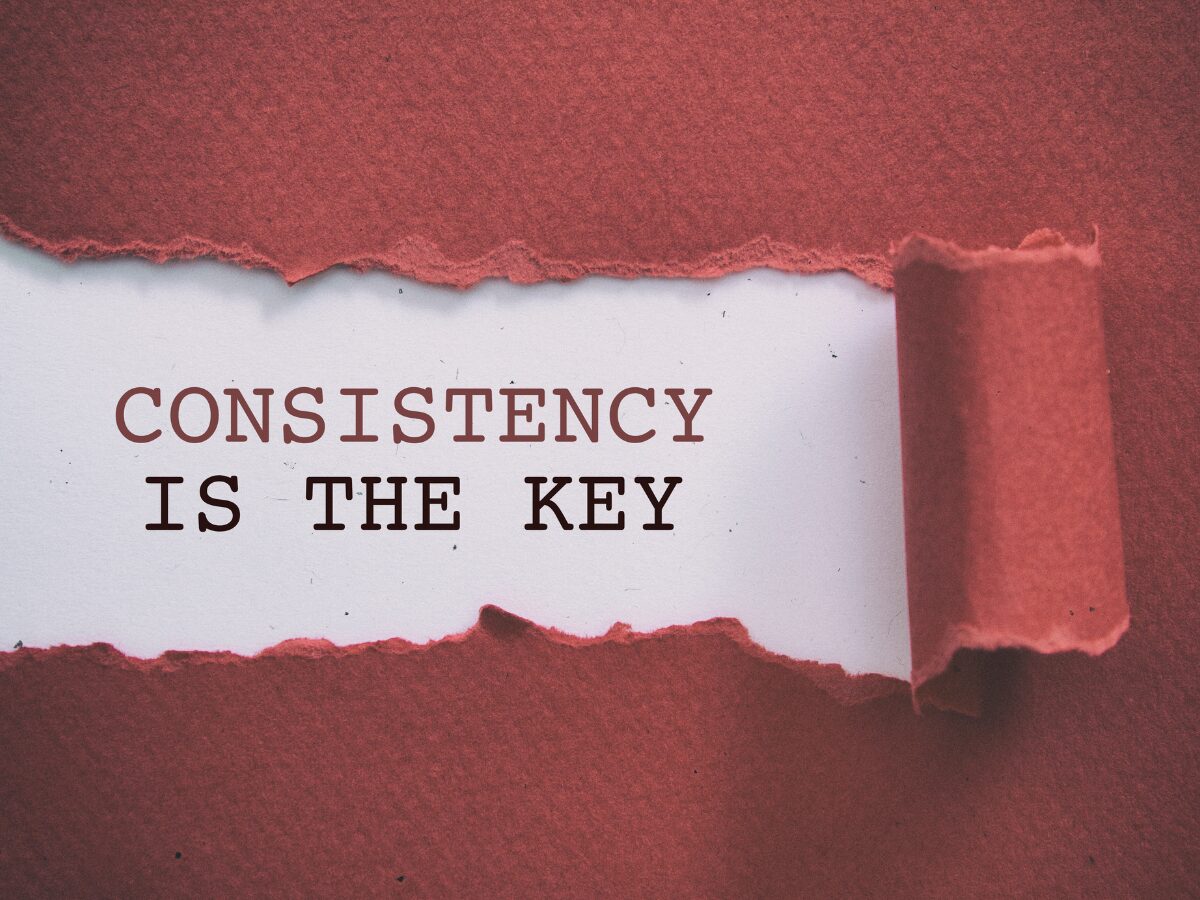Introduction
Grand gestures, like lavish gifts or elaborate surprises, can add excitement to a relationship. However, they pale in comparison to the value of emotional consistency. While grand gestures might create fleeting moments of joy, emotional consistency builds the foundation of trust, security, and long-term happiness in a relationship.
This article explores why emotional consistency is crucial, how it fosters stability and intimacy, and why it ultimately outweighs dramatic displays of affection.
What Is Emotional Consistency?
Reliable Emotional Behaviour
Emotional consistency means behaving predictably and steadily in a way that your partner can count on. It includes managing your mood, communicating clearly, and showing care regularly.
Example: Responding calmly during disagreements instead of reacting with unpredictable anger or withdrawal.
Demonstrating Dependability
It involves showing up for your partner in both big and small ways, consistently honouring commitments, and creating a safe emotional environment.
Example: If you promise to call after work, you make that call without fail.
Being Steady Despite Challenges
Consistency means being emotionally available even during difficult times, rather than letting external stressors cause you to disengage.
The Allure of Grand Gestures
Why Grand Gestures Feel Impactful
Grand gestures often create memorable moments and demonstrate effort. A surprise trip or an expensive gift can make your partner feel special and appreciated.
Their Temporary Nature
While exciting, grand gestures provide temporary emotional highs. They don’t address the everyday needs of emotional security and connection.
Example: A lavish anniversary gift is lovely, but it won’t compensate for weeks of feeling unheard or neglected.
The Risk of Over-Reliance
Some people use grand gestures to distract from underlying relationship issues or to compensate for a lack of emotional consistency.
Why Emotional Consistency Matters
Builds Trust Over Time
Emotional consistency fosters trust by showing your partner that they can rely on you, no matter the circumstances.
Example: Consistently checking in with your partner about their day builds a sense of reliability and care.
Reduces Emotional Uncertainty
Unpredictable behaviour, like mood swings or inconsistent communication, can make your partner feel unsettled. Emotional consistency provides a sense of stability and security.
Strengthens Emotional Intimacy
Regular, meaningful interactions deepen emotional connection more effectively than sporadic grand gestures.
Example: Asking thoughtful questions about her goals and worries strengthens your bond far more than an occasional expensive date.
Encourages Open Communication
When your partner feels secure in your consistent behaviour, they’re more likely to share openly without fear of being judged or dismissed.
Examples of Emotional Consistency in Action
Being Present in Everyday Moments
Show your partner that you’re engaged and attentive in the small, everyday aspects of life.
Example: Putting your phone away during dinner to focus on the conversation.
Following Through on Promises
Whether it’s a major commitment or a small gesture, keeping your word reinforces trust.
Example: If you promise to help with chores on the weekend, ensure you follow through without needing reminders.
Maintaining a Steady Emotional Tone
Avoiding extreme mood swings or unpredictable reactions helps your partner feel safe and understood.
Example: If you’re upset, express your feelings calmly instead of lashing out.
Offering Regular Reassurance
Consistently expressing appreciation and love prevents feelings of neglect and reinforces your partner’s emotional security.
Example: Saying “I appreciate you” during an ordinary day goes a long way in showing you care.
How to Cultivate Emotional Consistency
Prioritise Open Communication
Check in regularly about how your partner is feeling and share your own emotions honestly.
Example: “How was your day? Is there anything you want to talk about?”
Manage Your Emotions Responsibly
Work on recognising and regulating your emotions so that external stressors don’t disrupt your interactions with your partner.
Example: Taking a moment to cool down before discussing a stressful situation ensures you respond thoughtfully.
Establish and Honour Routines
Create rituals or habits that show your commitment to consistency.
Example: Always sharing breakfast together or having a weekly date night.
Be Mindful of Small Gestures
Little actions, like remembering her coffee order or checking in during a busy day, demonstrate consistent care.
Avoid Over-Promising
Only commit to what you can realistically deliver. Consistency is built on trust, and failing to meet promises undermines that trust.
Common Pitfalls to Avoid
Using Grand Gestures to “Fix” Problems
Lavish displays of affection might temporarily smooth over conflicts but won’t resolve the underlying issues.
Example: A surprise gift won’t make up for consistently missing important conversations or dismissing her feelings.
Neglecting Day-to-Day Interactions
Focusing too much on the “big” moments while neglecting everyday consistency can lead to feelings of disconnection.
Reacting Inconsistently
Frequent changes in mood or approach can make your partner feel like they’re walking on eggshells, damaging emotional safety.
Dismissing the Importance of Small Gestures
Overlooking the impact of daily acts of kindness and thoughtfulness can lead to emotional distance.
The Benefits of Emotional Consistency
Fosters a Stable Relationship Dynamic
Consistency reduces uncertainty and builds a predictable, supportive environment for both partners.
Promotes Mutual Respect
When your actions align with your words consistently, your partner feels valued and respected.
Enhances Long-Term Happiness
The stability created by emotional consistency provides the foundation for a fulfilling, lasting relationship.
Encourages Growth Together
A secure relationship allows both partners to thrive individually and as a couple, fostering personal and shared growth.
Conclusion
While grand gestures may create memorable moments, it’s emotional consistency that truly strengthens a relationship. Being a reliable and steady presence in your partner’s life builds trust, deepens intimacy, and fosters lasting happiness.
By focusing on everyday actions, following through on promises, and maintaining a calm and thoughtful emotional tone, you show your partner that they can depend on you not just in the big moments but also in the daily rhythm of life. In the end, it’s these small, consistent acts of love and care that create a truly meaningful and enduring connection.
References
- The power of consistency in relationships – Hello Coach
- The Little Things in Relationships That Matter the Most – Very Well Mind


